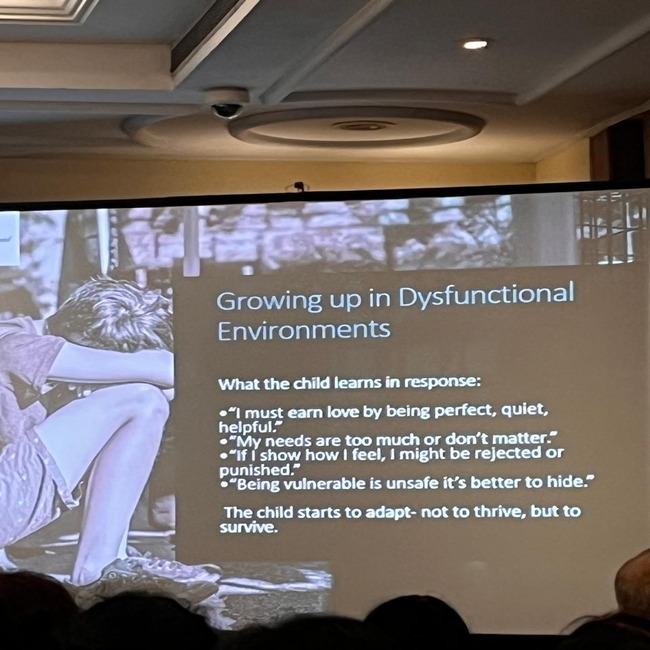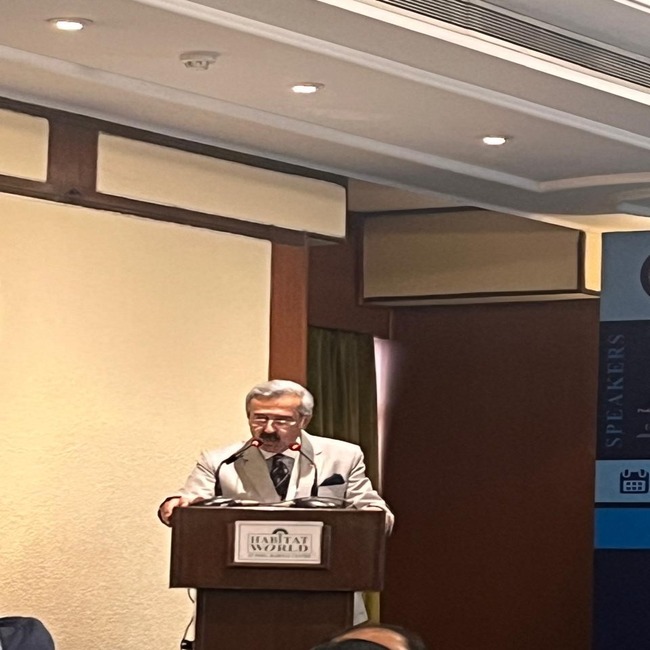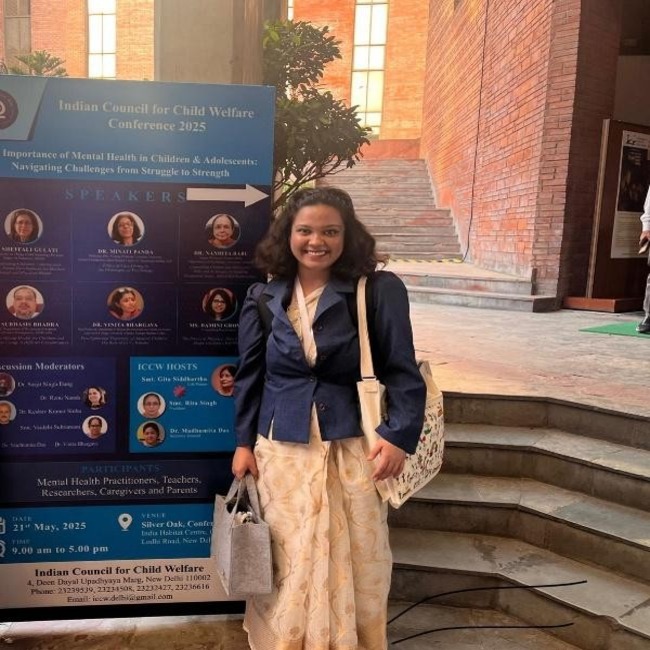Workshop for Counsellors by Indian Council for Child Welfare
On May 21, 2025, Ms Meghna Joshi, Psychodynamic School Counsellor, attended the ICCW Conference 2025 organised by the Indian Council of Child Welfare (ICCW) at the India Habitat Centre, New Delhi. The conference aimed to bring together key stakeholders—counsellors, clinicians, academicians, and parents—to discuss diverse aspects of mental health. The objectives included promoting mental health literacy, facilitating expert dialogue, identifying challenges, and showcasing innovative methods for mental health promotion, prevention, and treatment.
The day began with an inaugural address by Smt. Gita Siddhartha, Life Patron of ICCW, followed by a welcome note from Dr Madhumita Das, Secretary General of ICCW. Brigadier Yogesh Kapoor (Retd.) served as the host, ensuring the event proceeded smoothly and on time.
The first session was conducted by Dr Minati Panda, Professor at JNU and Visiting Professor at Columbia University. Dr Panda examined how power relations, social hierarchies, and language impact classroom dynamics. Drawing from case studies and theoretical frameworks such as Foucault and Bourdieu, she highlighted how concepts like caste, class, and gender influence the learning environment. She emphasised the importance of educator self-reflexivity and cautioned against relying solely on biomedical models, advocating instead for emotionally aware teaching approaches that support student well-being.
Following this, Dr Nandita Babu, Senior Professor and former Head of the Psychology Department at Delhi University, delivered a session on Cognitive Behavioral Therapy and positive counselling in educational settings. She stressed that children are not passive recipients of education but active participants shaped by their cultural, social, and familial contexts. She introduced the concept of "adultism", where adult perspectives are privileged over those of children, and discussed how labels such as "topper" or "failure" can shape a child’s identity prematurely. Dr Babu advocated for a shift from praise-based motivation to recognition-based engagement and encouraged educators to adopt a mindset of curiosity and openness.
After a lunch break, the conference resumed with a virtual session led by Dr Sheffali Gulati, Professor at AIIMS and head of the Child Neurology Division. Her talk, titled Understanding Children/Adolescents and Their Neurodevelopmental and Holistic Health, focused on the neurobiological basis of developmental disorders. She emphasised the need for early diagnosis, prenatal care, genetic counselling, and equitable healthcare access. Dr Gulati also addressed the stigma surrounding developmental disorders in India, particularly the societal tendency to blame mothers, and stressed the importance of a bio-psycho-social model in both education and parenting.
The next session was conducted by Dr Vinita Bhargava, who presented on The Developmental Trajectory of Adopted Children: The Role of Early Trauma. Using clinical insights and her personal experience, she discussed the emotional and psychological challenges faced by adopted children. These included difficulties with identity formation, the impact of early trauma, and the frequent lack of institutional record-keeping. Dr Bhargava underlined the importance of counselling support for both adoptive parents and children to navigate these complex emotional landscapes.
The final session of the day was led by Ms Damini Grover, Counselling Psychologist, on the topic The Power of Presence: How Caregivers Shape Children's Self-Worth. She explained how relational contexts and communication styles significantly influence children's self-esteem. Ms Grover emphasised that the way adults respond to children's emotions and behaviour becomes internalised as a part of the child's self-image. She advocated for thoughtful, responsive engagement over reactive parenting and the careful use of language to nurture a healthy self-concept.
The conference concluded with a vote of thanks delivered by Dr.m Madhumita Das, after which participants gathered for tea and informal discussion. Overall, the conference offered rich, interdisciplinary perspectives on mental health and emphasized the shared responsibility of educators, counsellors, and caregivers in creating supportive environments for children.















